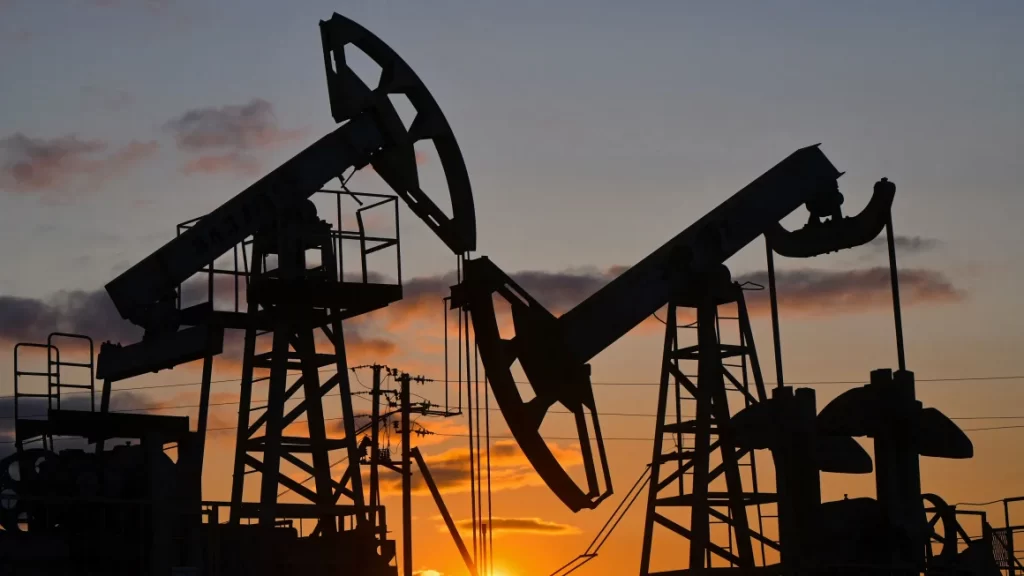
OPEC+ member nations have agreed to extend their voluntary cuts to crude oil production through the second quarter, the group announced Sunday. The move is a part of the group’s perpetual balancing act to stabilize oil prices by reducing supply.
OPEC+, a coalition of the world’s top oil producing countries, had announced voluntary oil cuts of 2.2 million barrels per day in November. Sunday’s extension loosened some of the larger production stoppages. Saudi Arabia, the leading oil exporter, will still cut 1 million barrels per day, but Russia and Iraq will cut 471,000 and 220,000 barrels, respectively, a downward adjustment from the 500,000 and 223,000 barrels each country initially announced.
The following voluntary barrel-per-day production cuts remain the same: The United Emirates by 163,000; Kuwait by 135,000; Kazakhstan by 82,000; Algeria by 51,000 and Oman by 42,000, OPEC+ said.
Since November, Brent crude, the global benchmark, has risen by nearly $2 a barrel, up to $83.46. Production cuts and the subsequent increase in barrel prices which typically follow can also raise retail gas prices at the pump.
But while drivers in the United States have seen rising prices per gallon and AAA has anticipated a spike around the spring break travel season, analysts have said a surge in crude oil prices is unlikely. It is largely because robust production in the United States is keeping oil prices down, which is partially why OPEC+ increased its cuts in the first place.
In December, Goldman Sachs cut its forecast for this year’s average oil price by 12%, saying the intensity of oil drilling in the United States would keep Brent from reaching its initial estimate of $92 a barrel. Instead, the bank’s analysts predict Brent will average $81 a barrel in 2024.
The Energy Information Administration reported last month oil refinery inputs, crude oil stock, and gasoline production were all increasing. Oil prices fell on the agency’s announcement US commercial crude oil inventory was sitting at 447.2 million barrels. The EIA also added gasoline production was averaging 9.4 million barrels a day.





























